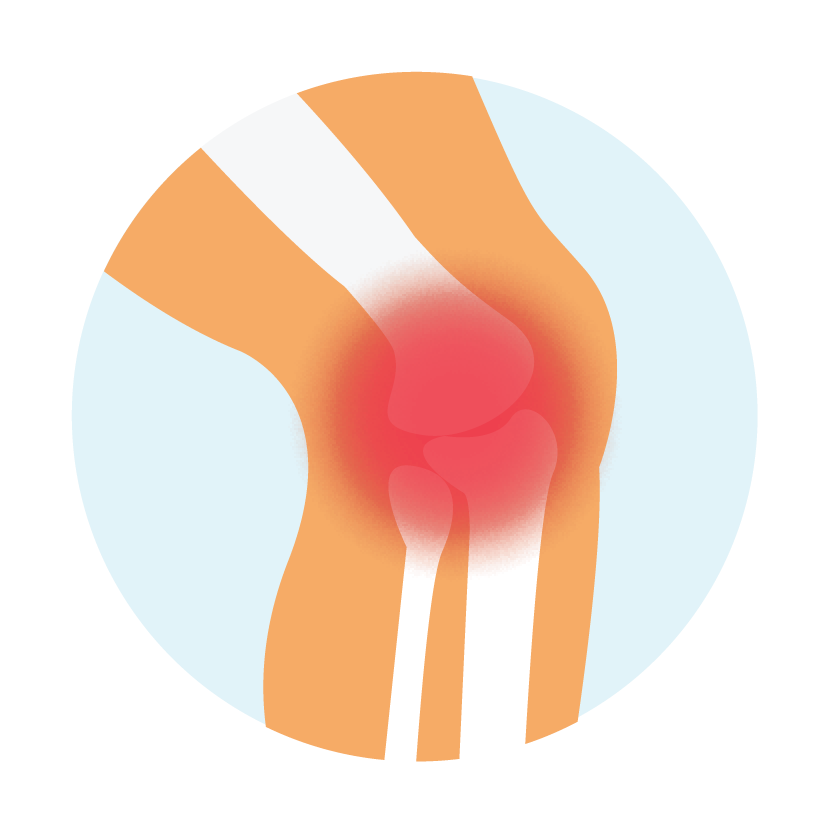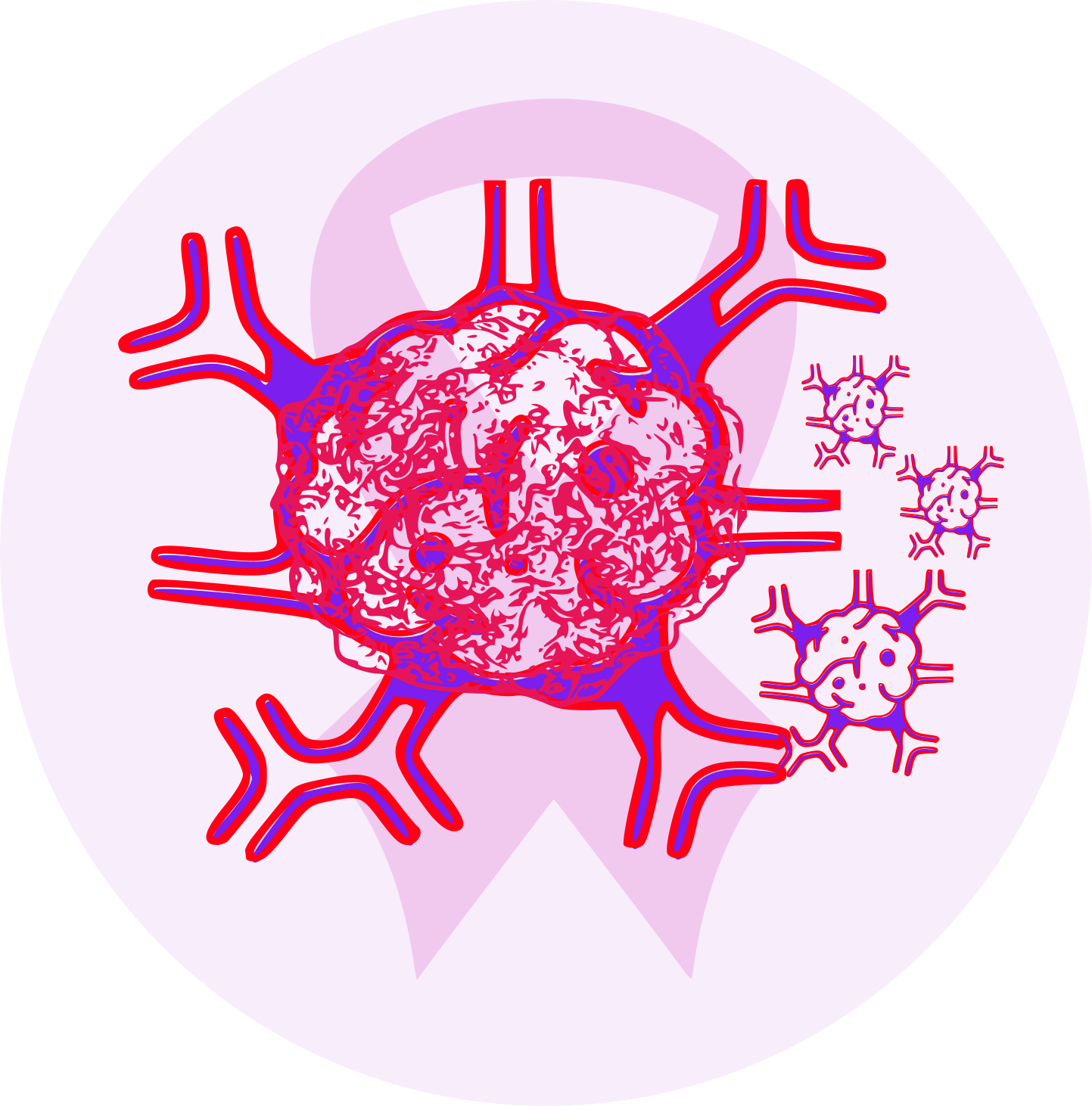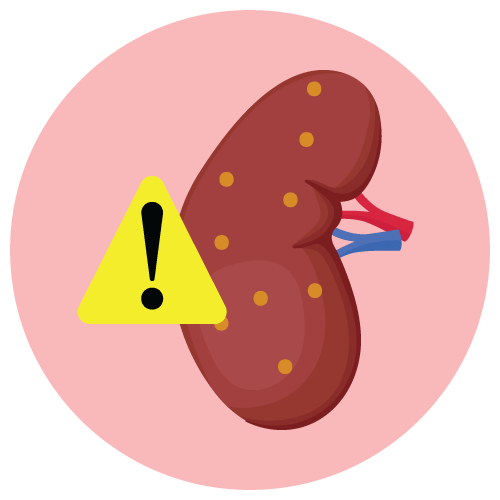| Name | Cyclosporine |
| Classes |
Analgesic / Pain Killer Central Nervous System Agent Dermatological/Topical Agent Ophthalmic Preparation Immunosuppressive Agent |
| Diseases |
Heart Transplant Kidney Transplant Liver Transplant Organ Transplant |
Cyclosporine
Cyclosporine is a cyclic polypeptide immunosuppressant agent consisting of 11 amino acids. Cyclosporine is a potent immunosuppressive agent. Immunocompetent lymphocytes are specifically and irreversibly inhibited by cyclosporine during the G0 and G1 phases of the cell cycle. Preferentially, T-lymphocytes are suppressed. The T-suppressor cell may also be repressed, although the T helper cell is the major target. Interleukin-2 synthesis and release are both inhibited by cyclosporine.
Cyclosporine is contraindicated in the following conditions-
- Kidney, Liver, and Heart Transplantation
- Rheumatoid Arthritis
- Psoriasis
- Organ transplant: The use of Cyclosporine should be initiated within 12 hours prior to surgery in solid organ transplant patients. The initial dose should be 10-15 mg/kg administered in two divided doses, and maintained for one to two weeks post-operatively. This dose should be reduced gradually according to blood levels and local immunosuppressive protocols until the recommended maintenance dose of 2-6 mg/kg given in two divided doses is reached. When used with other immunosuppressants, lower initial doses (3-6 mg/kg given in two divided doses) may be used.
- Bone marrow transplantation: The initial dose of Cyclosporine concentrate for solution for infusion should be given one day before the transplant surgery. The recommended intravenous dose is 3-5 mg/kg/day, and the infusion should be continued at this dose level for up to two weeks before changing to oral maintenance therapy with daily doses of 12.5 mg/kg given in two divided doses. Maintenance treatment should be continued for at least 3-6 months before gradually decreasing the dose to zero by one year after transplantation.
- In non-transplantation indications, such as endogenous uveitis and nephrotic syndrome, the lowest effective and well-tolerated dosage should be determined individually. In these cases, careful monitoring of blood pressure, liver function, and renal function is required. The recommended dose for inducing remission in endogenous uveitis is initially 5 mg/kg/day orally given in two divided doses, and for inducing remission in nephrotic syndrome, the recommended daily dose is given in two divided oral doses. The total daily dose should not exceed 5 mg/kg in any case, except in sight-threatening endogenous uveitis and children with nephrotic syndrome. The treatment should be discontinued if the patient does not achieve an adequate response or the effective dose is not compatible with the established safety guidelines.
Common side effects:
- Tremors or shaking
- High blood pressure
- Increased risk of infection
- Headache
- Nausea
- Vomiting
- Diarrhea
- Abdominal discomfort or pain
- Increased hair growth
- Swollen or tender gums
- Acne
- Increased risk of cancer, especially skin cancer
-
Immunosuppression: Ciclosporin can suppress the immune system, increasing the risk of infection. Patients should avoid contact with individuals who are ill and should inform their doctor immediately if they develop any signs of infection, such as fever or sore throat.
-
Kidney damage: Ciclosporin can cause damage to the kidneys. Patients should undergo regular blood tests to monitor their kidney function while taking this medication.
-
Hypertension: Ciclosporin can increase blood pressure. Patients should monitor their blood pressure regularly while taking this medication.
-
Neurotoxicity: Ciclosporin can cause neurological side effects such as tremors, headaches, and confusion. Patients should inform their doctor if they experience any of these symptoms.
-
Hyperkalemia: Ciclosporin can increase potassium levels in the blood, which can cause heart problems. Patients should avoid consuming potassium-rich foods, such as bananas and spinach, and should inform their doctor if they experience any symptoms of heart problems.
-
Hepatotoxicity: Ciclosporin can cause damage to the liver. Patients should undergo regular blood tests to monitor their liver function while taking this medication.
-
Pregnancy: Ciclosporin can harm an unborn baby. Patients should inform their doctor if they are pregnant or planning to become pregnant.
-
Interactions: Ciclosporin can interact with other medications, including nonsteroidal anti-inflammatory drugs (NSAIDs) and certain antibiotics. Patients should inform their doctor of all medications they are taking.
Contraindication
- Contraindicated in patients with a hypersensitivity to cyclosporine or to any of the ingredients of the formulation.
- Psoriasis patients who are treated with Cyclosporine should not receive concomitant PUVA or UVB therapy, methotrexate or other immunosuppressive agents, coal tar or radiation therapy
None known.
- Rheumatoid arthritis patients with abnormal renal function, uncontrolled hypertension, or malignancies should not receive Cyclosporine.
- Psoriasis patients with abnormal renal function, uncontrolled hypertension, or malignancies should not receive Cyclosporine.
 Bangla
Bangla English
English










